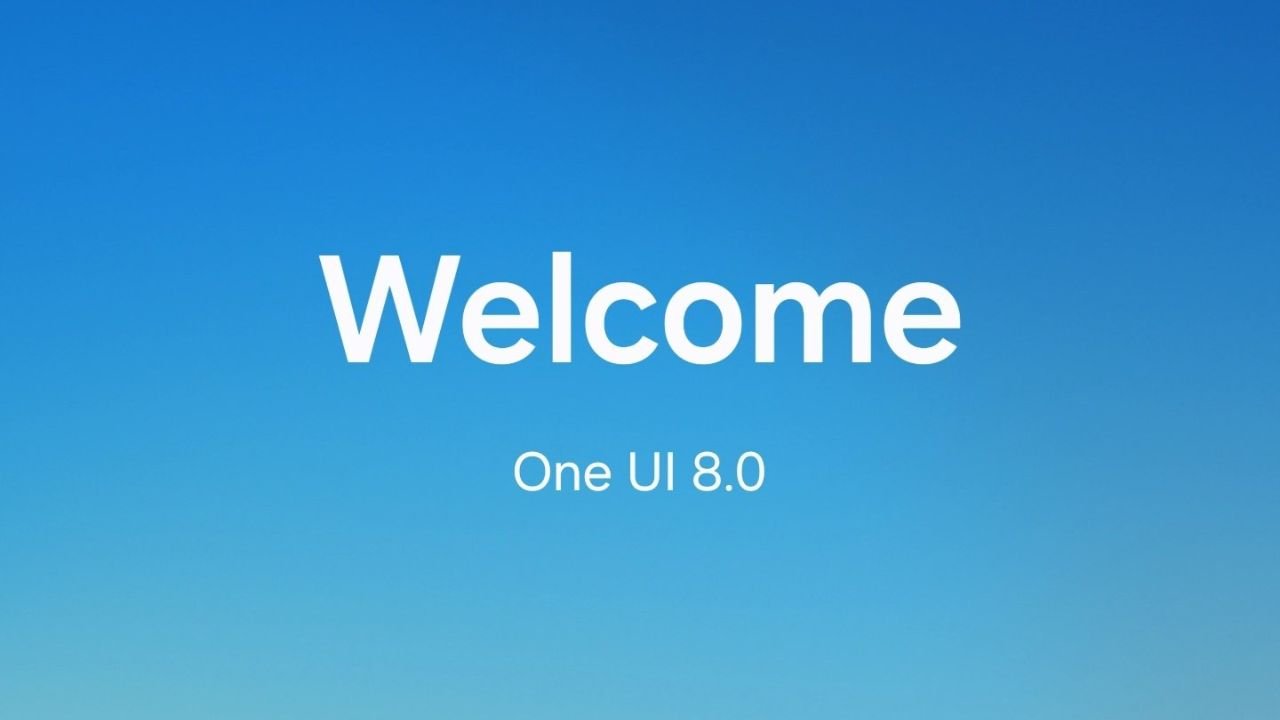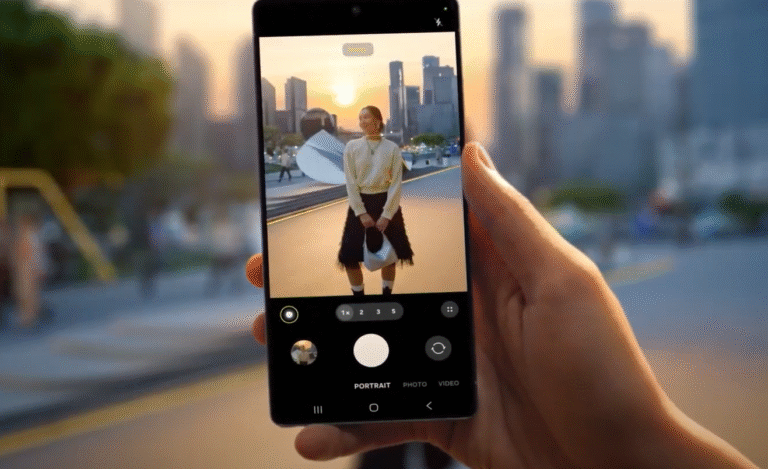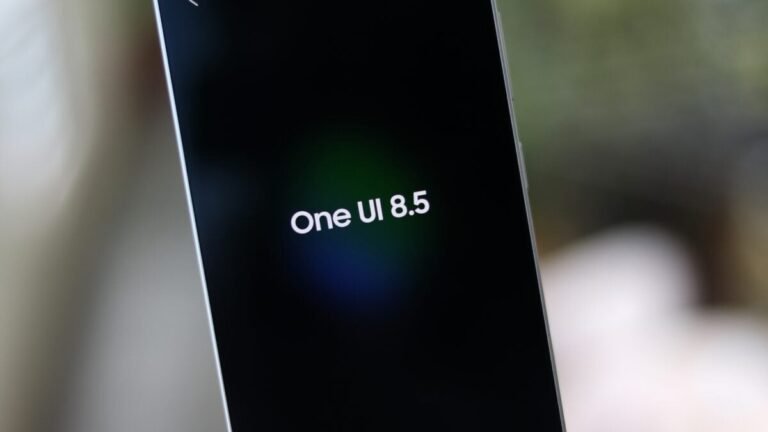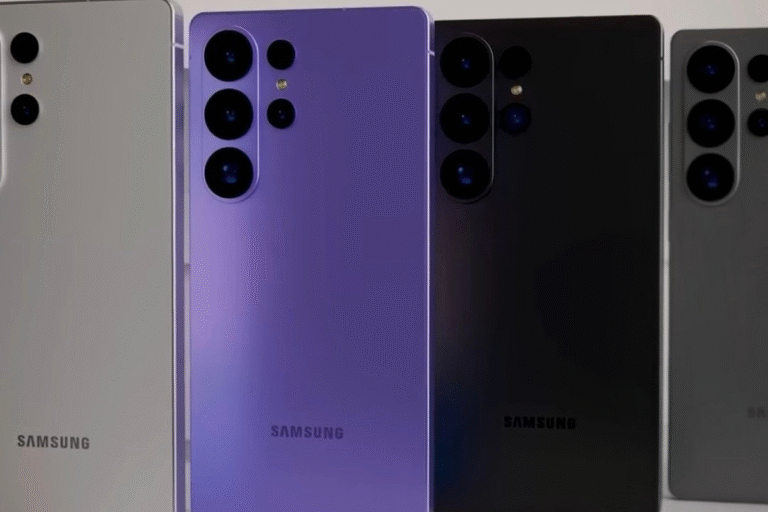
Samsung is getting ready to release the stable One UI 8 rollout in September, which is the earliest they’ve ever pushed out a new version of their software. On paper, that sounds like a huge win and a big step forward. But if you’re a long-time Galaxy user like me, you know there’s more to this story, and honestly, the frustration is totally justified.
The One UI 8 Rollout Is Earlier, But Is Samsung Faster?
So, here’s the catch. Android 16, the base for One UI 8, was released two months earlier than usual this year. It landed in June instead of the typical August or October timeframe. This means that while Samsung’s One UI 8 rollout is coming sooner, they’re not actually moving any faster. They’re still keeping the same pace as before, just starting from a much earlier point. It’s like starting a race two laps ahead and then celebrating a faster finish time—it doesn’t really count.
And here’s another thing that’s been bugging a lot of us. The One UI 8 beta has been out for a while, and it’s surprisingly stable. It’s clean, polished, and barely has any bugs. It doesn’t feel like a beta build at all; it feels like a finished product. So, a lot of us were expecting a wide, public release much sooner than September. We’re left wondering why we have to wait so long for what seems to be a ready-to-go update.
This feeling of being held back brings up some old frustrations. Remember what happened with One UI 7? Samsung was accused of delaying the stable release to help boost sales for their new foldable phones. And guess what? Something similar is happening again. The new Galaxy Z Fold7 and Flip7 launched with One UI 8 already installed, and many believe Samsung is deliberately waiting to release the update widely to encourage people to buy the new foldable models.

The delay is made even more noticeable because One UI 8 isn’t as big of a change as One UI 7 was. The previous version brought a bunch of new features and a major redesign. This time, One UI 8 is more about refining those things, with fewer big, new features. So, the long wait feels less like necessary fine-tuning and more like a strategic play to control the market.
This was a golden opportunity for Samsung to truly impress its customers. Imagine if they had matched Google’s early Android 16 release and pushed out One UI 8 a month or two earlier to a wide range of devices. That would have created genuine excitement and earned them a lot of trust and goodwill. Instead, this feels like a missed chance to show they are truly leading the pack.
Whether it’s a strategic delay or just bad timing, the result is the same: frustration. For a company that’s always talking about speed and innovation, this was a chance to prove it. The One UI 8 rollout may be the “earliest” ever, but it doesn’t feel like it.



